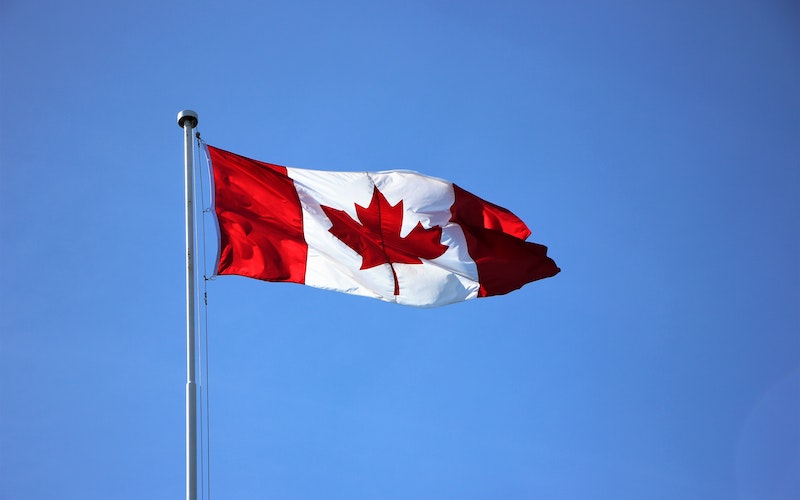In every jurisdiction where cannabis reform is being pursued, both historically and currently, cannabis opponents use the similar, unfounded talking point that cannabis reform will lead to doomsday scenarios as it pertains to youth cannabis consumption.
The ‘what about the children’ talking point is used early and often when cannabis policy modernization efforts are announced in an area, including when only limited medical cannabis reform is being pursued.
Canada was the first G-7 nation to legalize cannabis nationally and is home to the most robust nationwide consumer offerings on earth. As such, it provides the best data regarding legalization’s impact on youth consumption rates.
A recent study was published in Canada on this topic, and the results are favorable. Below is more information about it via a news release from NORML:
Hamilton, Canada: The adoption of cannabis legalization in Canada has not been associated with significant upticks in either marijuana use by young people or in the percentage of people experiencing adverse cannabis-related consequences, according to longitudinal data published in the journal JAMA Open Network.
A team of investigators from Canada and the United States assessed cannabis consumption trends in a cohort of at-risk young adults (ages 19 to 23) during the years immediately preceding and following legalization. Canada legalized the use and retail sale of marijuana products to those ages 18 and older in 2018.
Researchers reported, “Individuals who used cannabis more frequently pre-legalization significantly decreased their use and cannabis-related consequences post-legalization.” By contrast, those who had no history of cannabis use prior to legalization typically reported engaging in the limited use of marijuana use following legalization. However, this use was not associated with adverse consequences.
Authors concluded: “This study examined changes in cannabis use and consequences following recreational cannabis legalization in Canada in a sample of high-risk young adults, addressing the common concern that legalization may precipitate increases in use, particularly in this age group. Rather than detecting increases, however, the results revealed decreases overall, which is broadly consistent with substance use trajectories that might be expected among this age group in the absence of any policy change. … This study aligns with research from US jurisdictions which have largely found that legalization has not drastically altered consumption patterns among youths and young adults.”
State and federal data from the United States consistently has reported overall declines in self-reported marijuana use by young people over the past decade. During that time, nearly half of all states have adopted adult-use marijuana legalization.
Full text of the study, “Cannabis use frequency and cannabis-related consequences in high-risk young adults across cannabis legalization,” appears in JAMA Network Open. Additional information is available from the NORML Fact Sheet, ‘Marijuana Regulation and Teen Use Rates.’ This article first appeared on Internationalcbc.com and is syndicated here with special permission.






